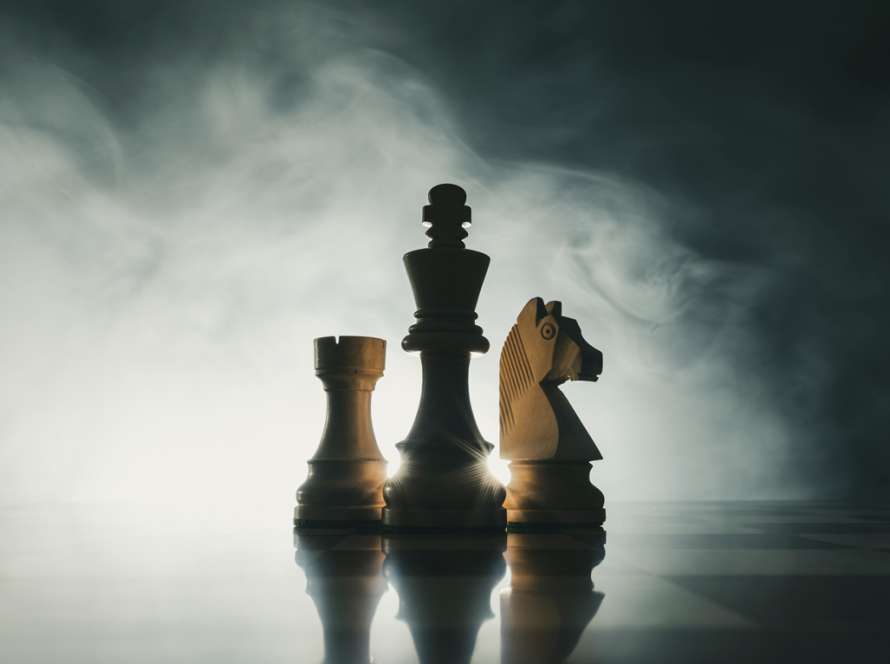Chess, often dubbed as the “Game of Kings,” has captivated the minds of strategists, intellectuals, and enthusiasts for centuries. Its rich history is a tapestry woven with stories of invention, evolution, and global fascination. In this blog, we embark on a journey through time to explore the captivating history of chess, from its origins in ancient India to its status as a globally beloved game today.
Ancient Origins: Birth of Chess
The origins of chess can be traced back to ancient India, where it was known as “chaturanga.” Chaturanga means “four divisions of the military,” representing infantry, cavalry, elephants, and chariotry. The game was designed to simulate a battle between two armies, with pieces that closely resembled the modern-day pawn, knight, bishop, rook, and king.Chaturanga made its way to Persia (modern-day Iran) during the 6th century AD, where it evolved into “shatranj.” The rules were modified, and new pieces, such as the minister (which later became the queen), were introduced. The game continued to spread across the Islamic world, becoming popular in Arab lands, and eventually making its way to Europe.
Medieval Europe: The Evolution of Chess
Chess found its way to Europe during the early medieval period, and by the 15th century, it began to resemble the game we know today. Several critical changes occurred during this period:The Queen’s Power:
The queen, previously a weak piece, was transformed into the most potent on the board. This change revolutionized chess strategy, making it a more dynamic and exciting game.Castling and En Passant:
Castling, a defensive maneuver to safeguard the king, and the en passant capture rule were introduced, further enhancing the complexity of the game.Chess Notation: The algebraic notation system for recording moves was developed, allowing players to document games and share strategies more effectively.
The Romantic Era and Chess Masters
The 19th century was the “Romantic Era” of chess, marked by the rise of legendary players such as Paul Morphy, Wilhelm Steinitz, and Emanuel Lasker. These chess pioneers introduced new concepts in openings, middlegame tactics, and endgames, pushing the boundaries of chess strategy.
The World Chess Championship
In 1886, Wilhelm Steinitz and Johannes Zukertort faced off in the first official World Chess Championship match. Steinitz emerged as the victor and became the first recognized World Chess Champion. The championship has since seen a lineage of legendary champions, including Emanuel Lasker, José Capablanca, Alexander Alekhine, Mikhail Botvinnik, Bobby Fischer, Anatoly Karpov, Garry Kasparov, and many others.
Chess in the Modern Era
With the advent of computers and the internet, chess has entered a new era. In 1997, IBM’s Deep Blue defeated World Champion Garry Kasparov in a historic match, showcasing the power of artificial intelligence in chess. Online platforms like Chess.com and Lichess have made the game accessible to millions of players worldwide, fostering a thriving global chess community.


